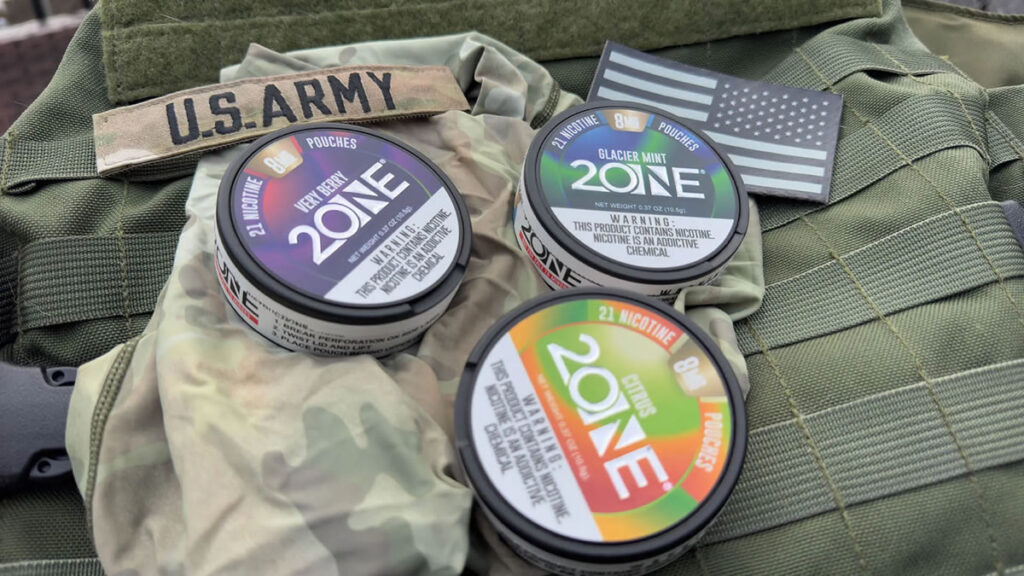A recent study conducted by researchers from UVA Cancer Center, Fort Liberty Department of Public Health, and UNC Lineberger Comprehensive Cancer Center has found that U.S. soldiers are ten times more likely to use nicotine pouches than the average American adult. These highly addictive pouches have been linked to serious health concerns, including cardiovascular risks, lung and stomach problems, gum ulcers, oral health issues, and nicotine's potential to promote cancer growth.
The study, published in the scientific journal JAMA Network Open, analyzed anonymous responses from 1,957 soldiers surveyed at Fort Liberty, the largest U.S. military base, in 2022 and 2023. The results showed that 23.8% of the survey participants reported using nicotine pouches in the past 30 days, a stark contrast to a 2022 study that found only 2.9% of all U.S. adults had ever used nicotine pouches.
Growing Popularity and Demographic Trends
The use of nicotine pouches among soldiers increased during the survey period, with 24.7% of those surveyed in 2023 reporting use, compared to 20.2% in 2022. The study found that users were more likely to be younger, male, white, single, and users of other tobacco or nicotine products such as cigarettes, smokeless tobacco, and vapes. Soldiers aged 30 and older were less likely to use nicotine pouches than those aged 17 to 24, while survey participants with at least a bachelor's degree were more likely to use nicotine pouches than soldiers with a high school diploma or GED.
Melissa Little, PhD, Director of the Nicotine and Tobacco Research Center at the University of Virginia School of Medicine, emphasized the historical trend of higher tobacco and nicotine product consumption among military personnel compared to their civilian counterparts. "Our findings show that these same disparities continue with new and emerging products, such as nicotine pouches," Little stated.
Developing Tailored Interventions for Military Personnel
With approximately 200,000 U.S. soldiers leaving the military each year, the researchers stressed the need for continued research into nicotine pouch use to develop strategies for reducing nicotine and tobacco use as soldiers transition back to civilian life.
"We are currently working to combat these high rates of nicotine pouches by developing tailored interventions for military personnel," Little said. "Given all that service members sacrifice to serve our country, providing them with the tools to live the healthiest lives possible is the best way to give back."
The study, supported by grants from the National Institute on Drug Abuse and the National Cancer Institute, highlights the urgent need for targeted interventions and education to address the growing use of nicotine pouches among U.S. soldiers and the potential health risks associated with these products.
Meet Nick Schager, the co-founder of our vaping website. With a solid foundation of over 10 years in the industry, Nick brings an unparalleled depth of knowledge, having an extensive understanding of more than 1000 vaping products.




